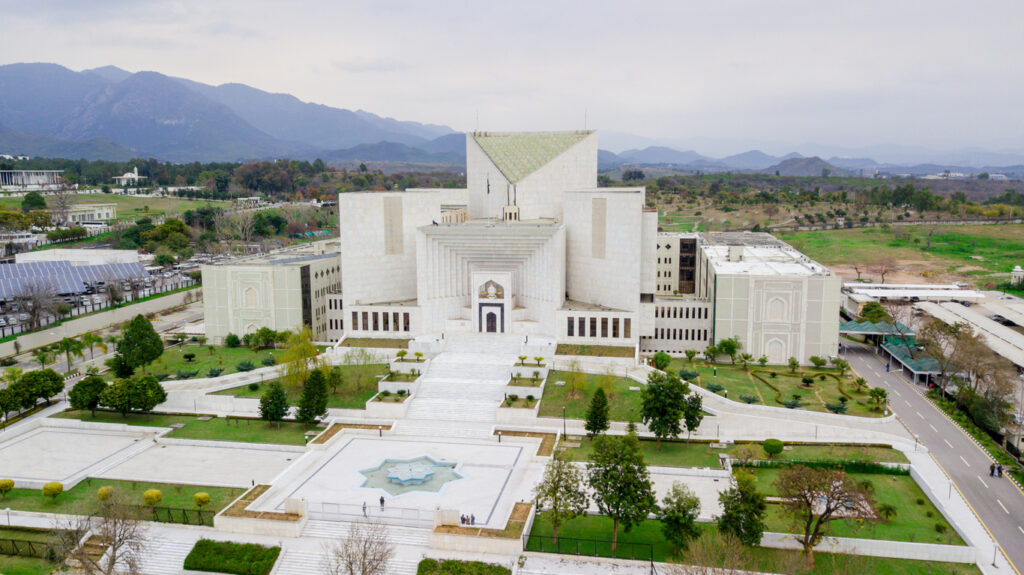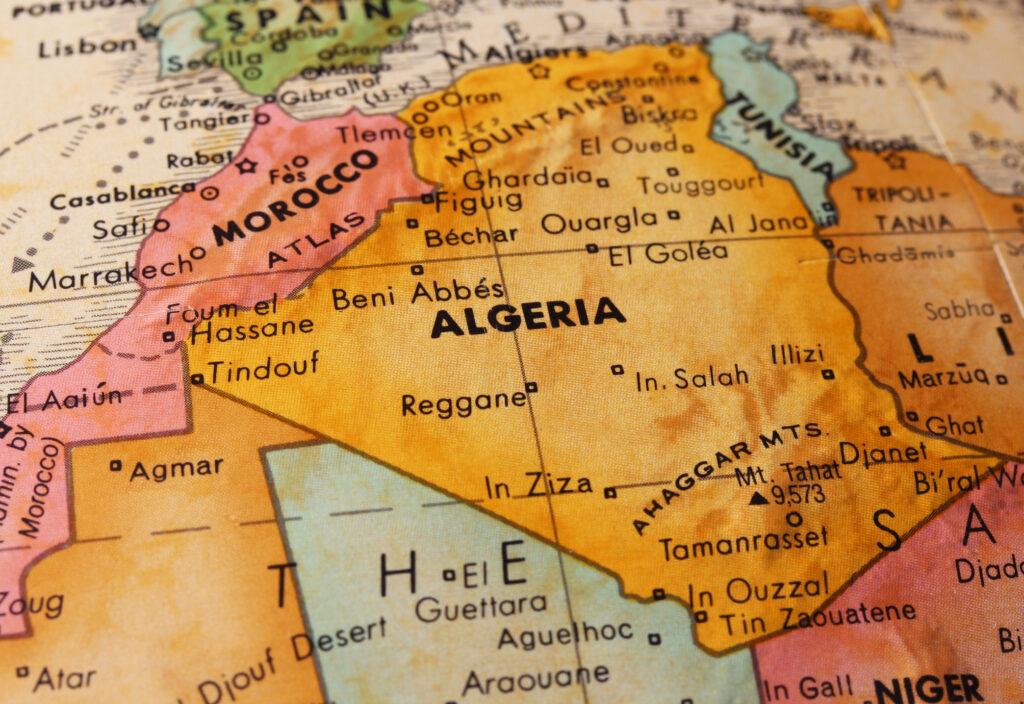Pakistan, a developing country in South Asia, is the world’s fifth-most populous nation, with over 247 million people as of 2023 (World Bank). With a young and expanding population driving demand for goods, exporters may find Pakistan an appealing market. However, they must also navigate potential challenges, including payment delays and defaults. This article explores key considerations for trading with Pakistan and the options available for recovering funds in case of payment issues.
Economic and Trade Snapshot
Pakistan’s economy is a diverse mix of agriculture, manufacturing and services, with major industries including textiles, chemicals, construction materials, and consumer goods. As a member of the WTO, Pakistan maintains trade agreements with key trading partners such as China, the Gulf nations and European states, enhancing its attractiveness as an export destination.
However, the country faces persistent economic and political challenges.
A large trade deficit, dwindling foreign reserves, high inflation and a volatile Pakistani Rupee (PKR) — which has significantly depreciated against the USD in the past five years — have impacted trade costs and profitability. Pakistan’s exports rely heavily on resource-intensive industries, which have struggled with rising operational costs due to their dependence on imported energy and raw materials. The textiles sector has been hit particularly hard.
To alleviate Pakistan’s liquidity crisis, the IMF approved an additional USD7 billion loan at the end of 2024. However, the loan came with stringent conditions aimed at enhancing the country’s economic competitiveness and driving a financial turnaround within three years.
In line with that, and to stabilize its economy and address the balance of payments crisis, Pakistan has implemented stringent foreign exchange controls. In late 2024, the government also launched Uraan Pakistan (“Rising Pakistan”), a five-year National Economic Transformation Plan. Aimed at achieving 6% economic growth and increasing exports to $60 billion, the initiative prioritizes industrial expansion, commerce, IT development, and foreign investment.
The Recoveries Landscape
Whilst debt collection agencies are generally not well perceived by debtors in Pakistan, Recovery Advisers has adopted an effective approach which includes:
- Understanding the debtor’s industry: Recognizing financial pressures faced by businesses in the current market.
- Soft approach: Engaging in business discussions, developing social relations and building trust.
- Offering solutions: Proposing payment plans based on our understanding of the banking system and Government restrictions in place.
Remedies for Payment Default
- Amicable Recoveries: Amicable recoveries and dispute resolution improves with local presence (close follow-up is generally required).
- Litigation: The costs of litigation are generally low, but duration can take several years. Enforcement of verdicts is unpredictable at times.
- Arbitration: Pakistan is a member of the 1958 NY Convention. Recognition and enforcement of foreign awards is normally possible. Arbitration is generally faster than litigation.
- Bankruptcy: Several regimes exist, but implementation is questionable due to lack of professional capacity and availability of bankruptcy professionals.
- Statutory limitation: For most contractual claims, the limitation period is 3 years from the date when the cause of action arises. However, there can exceptions given the scenarios or efficiency of the lawyers and it may be extended as per local verdicts.
Bankruptcy Procedures
- The High Court hears the Petition, and if satisfied issues an order for compulsory liquidation.
- Once the court makes an order for compulsory liquidation, a liquidator is appointed. The liquidator will either be the Official Receiver or an insolvency practitioner.
- The liquidator will collect the assets of the company and distribute to the creditors. If there is a surplus, it will be distributed to the shareholders.
- After a company is dissolved, the Securities and Exchange Commission of Pakistan (SECP) must be notified.
- A notice is circulated in gazettes to inform creditors and debtors about the company’s dissolution and provide a final opportunity to settle outstanding claims or debts.
- Legal fees for bankruptcy proceedings vary depending on the claim amount.
Recognition of Foreign Judgements and Arbitral Awards
Section 44A of the Code of Civil Procedure 1908 provides that where a foreign judgment has been rendered by a court in any country or territory outside Pakistan which the Government of Pakistan has by notification declared to be a reciprocating territory, it may be enforced in Pakistan as if the judgment has been rendered by the relevant court in Pakistan.
Pakistan is not a member of the Convention on Recognition and Enforcement of Foreign Judgments in Civil or Commercial Matters.
A foreign judgment can be recognized and enforced in Pakistan if it meets certain legal requirements.
- Applicable Law: The Code of Civil Procedure, 1908.
- Special Rules (European Union): Not Applicable
- Average Duration of Enforcement Procedure: The same as normal trial, which is usually 2 to 3 years
- Time Limit to apply for enforcement: 6 years from the date of judgement
- Courts competent to decide on applications: The civil courts (courts of civil judges) or the High Court in the Districts of Karachi if the value of subject matter is above Rs. 15 million.
As a member of the NY Convention on the Recognition and Enforcement of Foreign Arbitral Awards, Pakistan has implemented local procedures accorded by the Recognition and Enforcement (Arbitration Agreements and Foreign Arbitral Awards) Act, 2011.
Our suggestion for future trades is to choose international arbitration as the dispute resolution mechanism, as arbitration awards’ recognition and enforcement should be easier and faster than of a foreign court judgement – unless your country has a reciprocal agreement with Pakistan on the recognition of judgments.
Conclusion:
Pakistan presents both opportunities and challenges for exporters looking to enter its growing market. While the country offers a vast consumer base and expanding trade partnerships, economic instability, currency depreciation, and strict foreign exchange controls pose risks for businesses. Understanding the local debt recovery landscape, leveraging amicable resolutions, and being aware of legal remedies such as arbitration and enforcement of foreign judgments are crucial for mitigating financial risks.
Do you need more information about the currency restrictions that may affect your Pakistani buyer’s ability to pay?
Do you need information about your buyer and the enforceability of the collateral they offered?
Contact your dedicated case manager or email us at info@recoveryadvisers.com.



